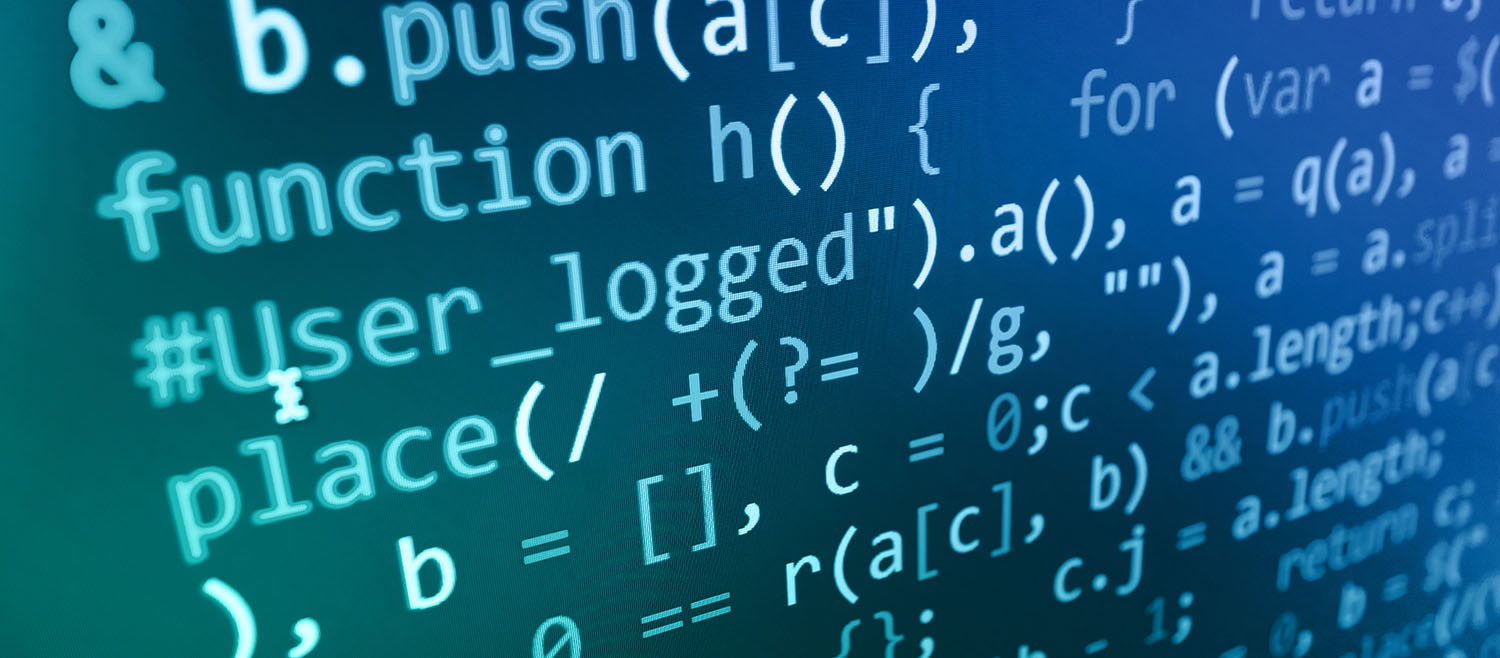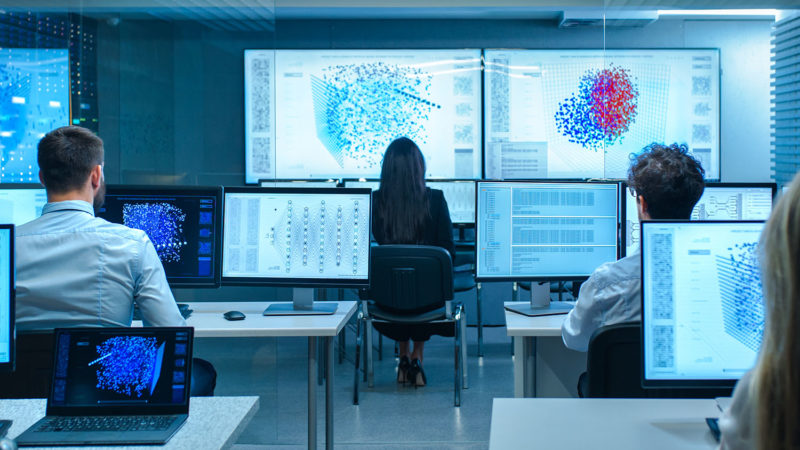

Algorithms now also play at being economists
The automation of work is creating an occupational metamorphosis, in which tasks usually done by humans are transferred to a set of technologies. Economics is not spared, and artificial intelligence is also gaining ground. But are economic forecasting algorithms a real alternative to economists?
As a result of the digitisation process of the last decades, huge amounts of data are being generated that are transforming the methods by which we analyse statistical models. Storing, registering, and analysing this constant flow of information has become an essential task for many sectors of the economy.
A technological revolution has opened up new possibilities in economic and financial forecasting capabilities. The analysis of these large databases, known as ‘big data’, would not be possible without artificial intelligence (AI). A rather broad term that encompasses a whole range of ideas.
Even so, there are two concepts in this field: machine learning (ML) and deep learning (DL), mathematical algorithms that allow computers to identify patterns in data and make predictions by imitating humans. Two computational advances that form the basis of economic forecasting with artificial intelligence.
An algorithmic crystal ball
Experts often compare algorithmic forecasting to “a crystal ball”. Indeed, this metaphor is the title of an internal study published by the International Monetary Fund (IMF), in which the authors of the research, Jin-Kyu Jung, Manasa Patnam and Anna Ter-Martirosyan, try to establish whether macroeconomic forecasting algorithms can improve on the results predicted by IMF economists themselves.
The study applies three different machine learning algorithms to a common economic forecasting problem, and the results are surprising. In all three cases, the algorithmic prediction far surpassed the benchmark performance of IMF economists.
In their observations, the authors warn that there are still factors that require further research. They also state that, for these predictions to be truly effective, real-time observations would have to be included. They explain that there is some freedom in the introduction of the parameters used by the algorithms, and that this may be key to determining their effectiveness.
Even so, in their conclusion they agree on the fact that the potential of machine learning in terms of statistical analysis of economic data is evident; and that, although these predictions made by algorithms cannot fully replace the work of economists, they represent a valuable additional reference when making decisions on economic forecasting.
11Onze is the community fintech of Catalonia. Open an account by downloading the super app El Canut for Android or iOS and join the revolution!





L’automatització del treball quedarà suboordinat al humà que desenvolupa la tasca habitualment, cap robot es perfecte i menys en l’àmbit que desenvolupa una persona. Això si, seria una bona ajuda l’automatització de correccions de builling que molt nens practiquen i ni surten a la televisió ni cap mitja de comunicació, cada any l’observatori augmenta els casos de builling però la premsa fà oides sordes I ni escriu articles. Una vergonya, ni els polítics esmenten el problema! https://www.20minutos.es/noticia/5056704/0/acoso-escolar-repunta-pandemia-tres-cuatro-casos-bulying-grupales/
Allisonadora exposició de la situació que ens toca viure, gràcies 11onze
Molt cert, i moltes gràcies pel teu comentari, Miquel!!!
👏
Gràcies, Daniela!!!
Molt interessant.
Moltes gràcies, Joaquim!!!
Tot i que la IA avança encara hi han activitats que fan millor les persones
Per sort, és així. Gràcies per la teva reflexió, Alícia!
Impressiona les conseqüències que se’n poden treure…Podran ser neutres les “màquines”?
Ves a saber, en ser programables es pot aprofitar per fer-ne un mal us…, esperem que mai sigui així. Moltes gràcies pel teu comentari, Francesc!!!
Molt interessant
Gràcies per la teva bona valoració, Manuel!
👌
Gràcies, Joan!!!
Gràcies, Joan! Ens veiem per La Plaça.
Molt be 👍
Gràcies, Josep! Ens veiem per La Plaça.